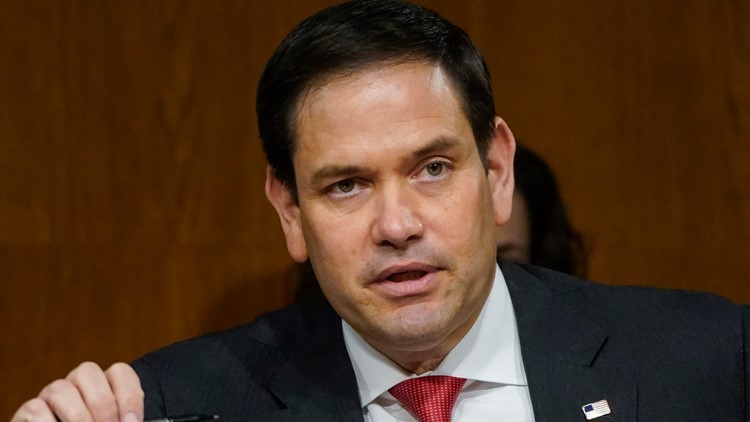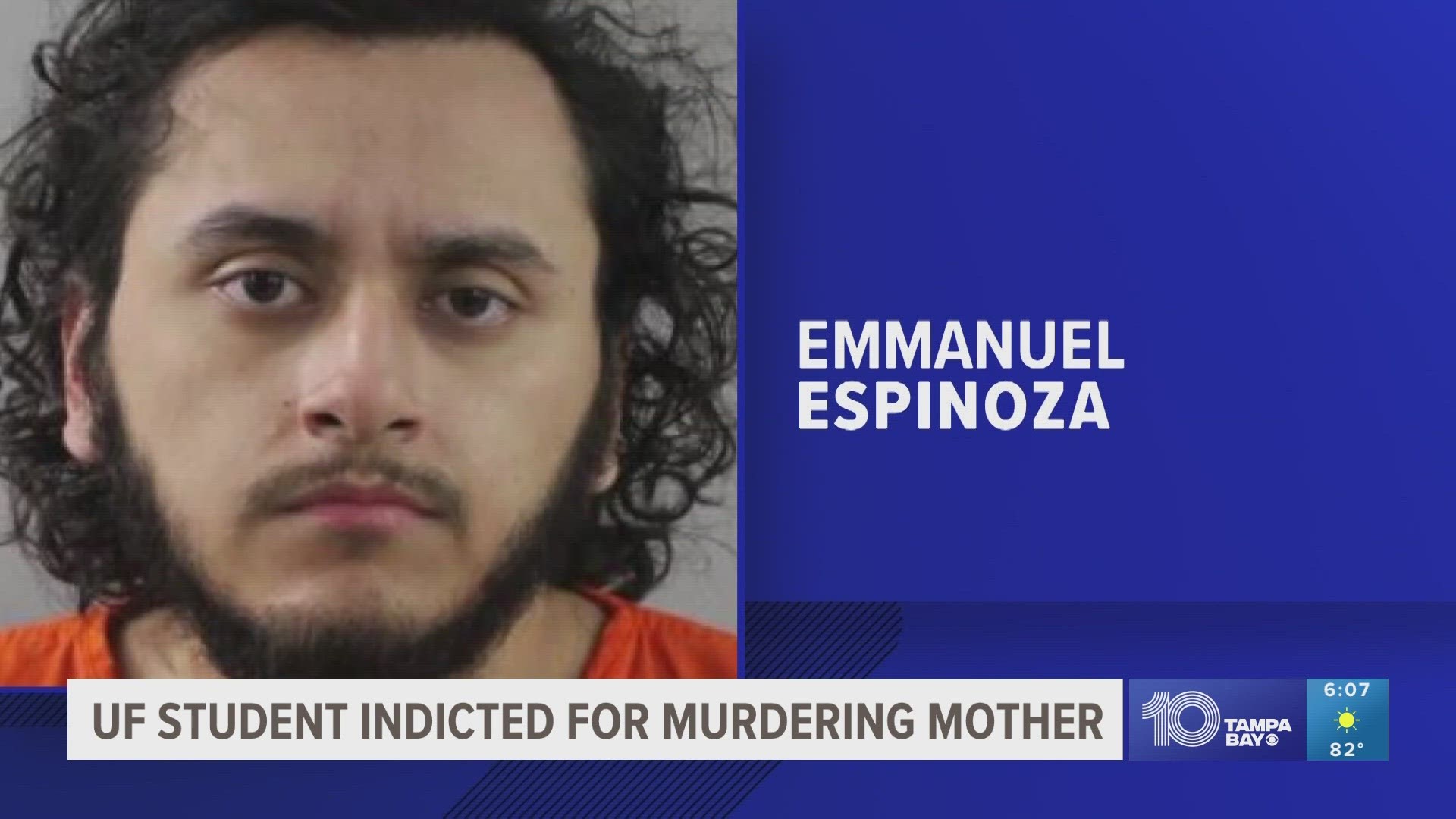MIAMI — Florida Sen. Marco Rubio is offering to help the leaders of Black Lives Matter "emigrate to Cuba" following a statement the organization posted on Instagram regarding the island country's turmoil.
The Republican senator, who is Cuban-American, claims Black Lives Matter is supporting the communist regime in Cuba as protestors continue to flood the streets in search of "libertad.”
"The extortionist ring known as the Black Lives Matter organization took a break today from shaking down corporations for millions & buying themselves mansions to share their support for the Communist regime in #Cuba," Rubio added.
RELATED: Looking for connection: Cubans in Tampa try to find ways to talk to their family on the island
The statement from Black Lives Matter he is referring to was posted to social media on July 15. In the post, the organization attributes the events in Cuba to "the consequences of years of US embargoes."
"Black Lives Matter condemns the U.S. federal government's inhumane treatment of Cubans, and urges it to immediately lift the economic embargo. This cruel and inhumane policy, instituted with the explicit intention of destabilizing the country and undermining Cubans' right to choose their own government, is at the heart of Cuba's current crisis," it wrote.
The organization also claims the U.S. has forced "pain and suffering" on the people of Cuba by cutting off access to food and medical supplies. President Joe Biden was called on, at the end of the organization's statement, to end the embargo.
You can read the full statement below:
Sarasota Rep. Greg Steube also expressed his thoughts on the Black Lives Matter statement on Twitter.
"What a load of garbage. One communist organization defending another. These people are waving American flags and protesting a brutal communist regime that has oppressed them for generations," he wrote.
The latest comments by Rubio are not the first time he's expressed displeasure with the United States' approach to dealings with Cuba.
In 2016, he called Obama's visit to Cuba "one of the most disgraceful trips ever taken by a U.S. president anywhere in the world." According to Rubio's view of the visit, Obama's interaction with the island country was one-sided and conceded to the regime.
"America should be standing with our allies and democracy advocates around the world, not embracing, enriching and empowering our enemies, the way President Obama is about to do in Cuba," he added at the time.
The second most populous country in the Caribbean has not seen such government dissent since 1959 — when Fidel Castro led a revolution that overthrew then-president Fulgencio Batista. Since then, the Communist Party has been able to hold on to power, despite decades of U.S. sanctions.
However, the current turmoil the country is facing has reached its boiling point with protests reportedly being linked to high prices of goods and food shortages. Cuba is no stranger to economic turbulence, but the coronavirus pandemic placed the country in a position it hasn't been in, in nearly three decades.
In 2020, the government confirmed that its gross domestic product had shrunk by 11 percent. The pandemic played a large part in that decline with travel restrictions reducing tourist arrivals by 94 percent in 2021. Couple that with U.S. sanctions, which were ramped up under former President Donald Trump and still in place under President Biden, and the import-dependent country is now facing food and medicine shortages.
The last time Cuba saw protests on this scale was in the summer of 1994, during what was known as the Maleconazo uprising. Thousands of Cubans would flee the country on rafts and boats.
What other people are reading right now:
- Experts explain how red tide is different this year compared to 2018
- Looking for connection: Cubans in Tampa try to find ways to talk to their family on the island
- Back in business: Stanley Cup officially on tour after having dent repaired
- Everything you need to know about the child tax credit payments
- Here are the signs red tide symptoms are affecting you
- A Frank Conversation: New podcast explores race, religion, politics and more
►Breaking news and weather alerts: Get the free 10 Tampa Bay app
►Stay In the Know! Sign up now for the Brightside Blend Newsletter



